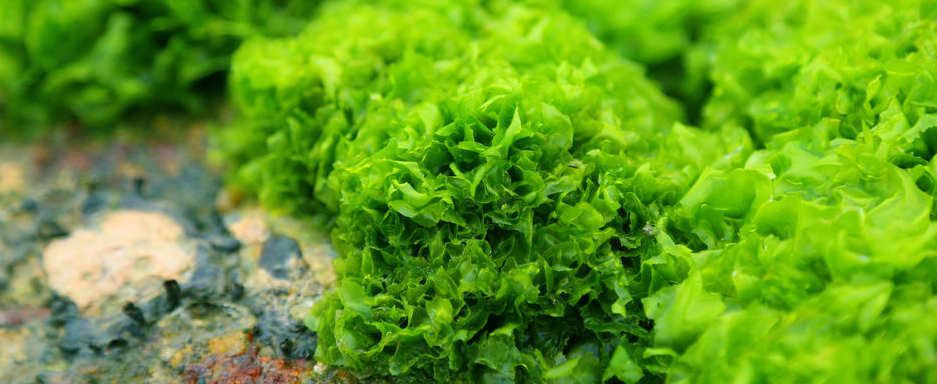
Seaweed is an algae plant that grows in the ocean. It belongs to the cryptogamous plant of the plant kingdom and includes a variety of organisms that produce energy through photosynthesis. The main characteristics of seaweed are: no vascular tissue, no differentiation of true roots, stems, and leaves, no flowering, no fruits and seeds, no specialized protection of reproductive organs, direct production of spores or gametes from a single cell, and no embryo formation. Due to the simple structure, some botanists classify seaweed and fungi as the "thallus flora" of lower plants. Common types of seaweed include kelp, laver, agar, and agar, some of which are edible and some can be used as medicine.
Effects and functions of seaweed:
1.Regulate thyroid function: Because it is rich in iodine, it helps the synthesis of thyroid hormones.
2.Antihypertensive effect: It helps lower blood pressure and promotes heart health.
3.Antibacterial and antibacterial: Some seaweeds have the effect of inhibiting pathogens.
4.Anticoagulant: It has heparin-like anticoagulant effect, which helps prevent thrombosis.
5.Intestinal detoxification: Rich in cellulose, it promotes intestinal health and helps excrete toxins.
Overall, seaweed is a nutrient-dense food that offers numerous health benefits.




